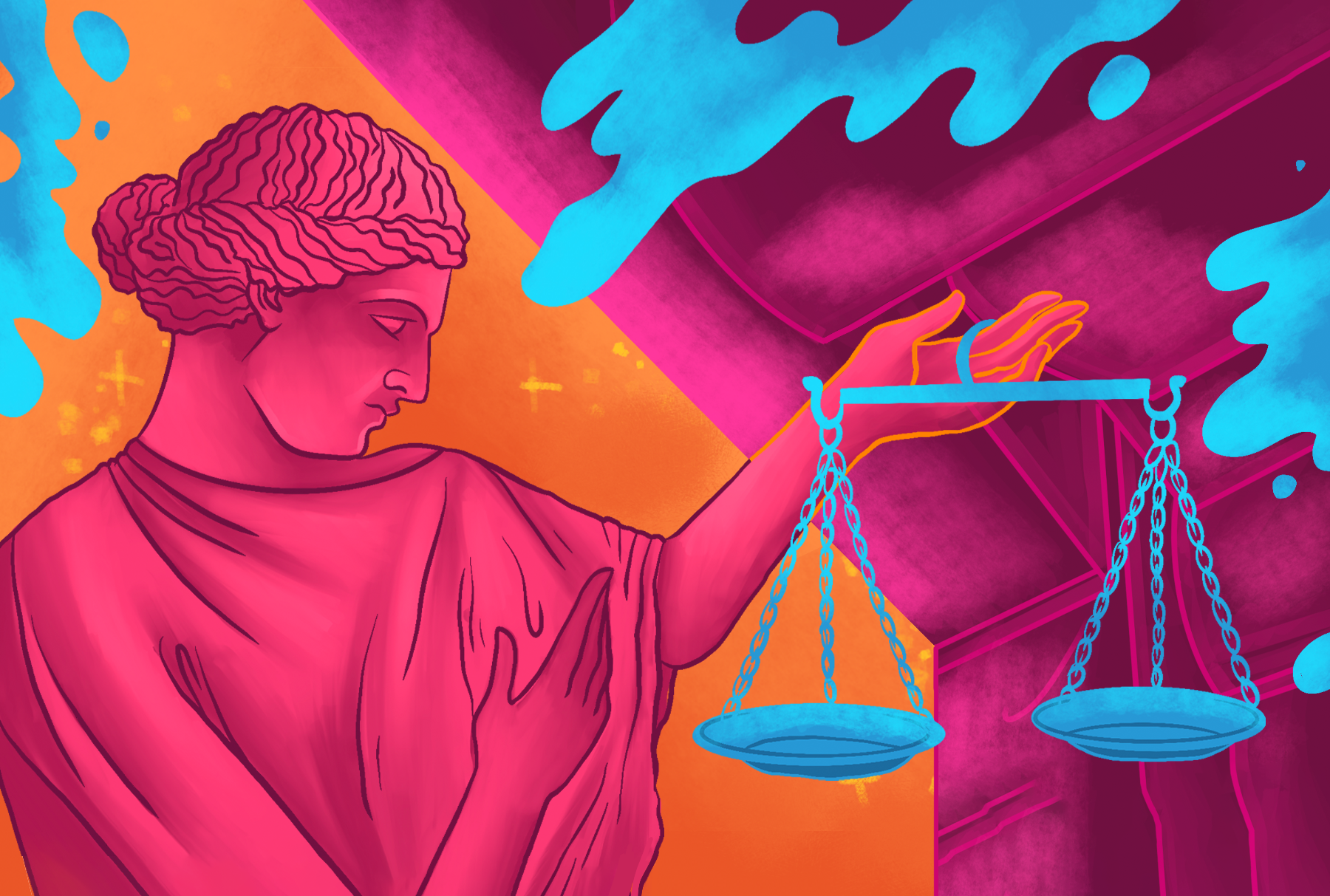PhD studentships in law
Please read the individual application processes for each studentship and check the deadline for submission. Applicants are strongly encouraged to contact potential supervisors prior to applying.
Applicants are also welcome to contact Dr Michael Ashworth (Deputy PGR Director and PGR Admissions) and Helen Hampson (Research Coordinator and PGR Administrator) with any questions about the process or undertaking your research at Newcastle Law School.
Northern Ireland North East Doctoral Training Studentships
We are open for applications to the ESRC Funding NINE Doctoral Training Studentship Competition for 2026 entry.
The studentship offers 3.5 years of stipend and 3 years of home fees or part time equivalent.
Newcastle Law School can accept applications under four pathways:
- Law and Society
- Children Youth and Families
- Conflict Security and Justice
- Environment, Climate & Sustainability
If you are interested in applying please contact Prof Sue Farran (DTP Coordinator for Law) Dr Michael Ashworth (PGR Admissions) and Helen Hampson (PGR Administrator).
Please get in touch with potential supervisors directly to discuss draft research proposals before making a formal application to the university.

Law and Society
We have a rich tradition of legal research, fostering an inclusive and interdisciplinary environment where academics and postgraduate students collaborate on shared interests. The School’s research is organised into dynamic communities addressing key areas such as environmental and energy regulation, social justice and societal change, the impacts of innovation on business and governance, the role of private law in shaping personal and commercial relationships, the relationship between individuals and the state, regulatory and ethical aspects of medicine and emerging biomedical technologies, and cutting-edge advancements in technology and big data.
Environment, Climate, and Sustainability
We are a hub for interdisciplinary research that addresses critical global challenges. The Law School fosters inclusive research communities, such as the Non/Human Law group, which explores human and nonhuman inequalities, and the Lawyering and Justice group, which promotes social justice and societal change. These communities provide a strong foundation for PhD candidates to engage with cutting-edge socio-legal and interdisciplinary research.
Conflict, Security and Justice
We have research expertise across the various legal regimes that regulate armed conflict and security, in conflict, post-conflict and peacetime, including the international law on the use of force, collective security, forced migration, environmental security, the international humanitarian law of armed conflict, automated military technologies, maritime security, international criminal law and peace processes (peace agreements, peacekeeping and peacebuilding). We use diverse legal and interdisciplinary methodologies including gender and feminist theories, posthuman theories, socio-legal and decolonialising approaches to address the failures and limitations of legal regimes regulating conflict and security.
Children, Youth and Families
Our work promotes children’s rights by exploring how children’s voices can be heard across various contexts, from peace negotiations to reproductive decision-making and genetic engineering. We incorporate legal, socio-legal, ethical, and policy perspectives on participation, recognition, and justice for children. Our research on the child’s right to know their genetic origins and on child-centred approaches to germline editing has informed academic debates and policymaking.
PhD Studentship for Humanities - AHRC Doctoral Landscape Awards
We are open for applications to the AHRC Doctoral Landscape Awards for October 2026 entry.
The studentship offers 3 years of tuition fees paid at the home rate and an annual stipend for 3.5 years (currently £20,780). Successful international students may be required to fund the difference between the home fees and international fees.
